How Long Does a Roof Last in Georgia
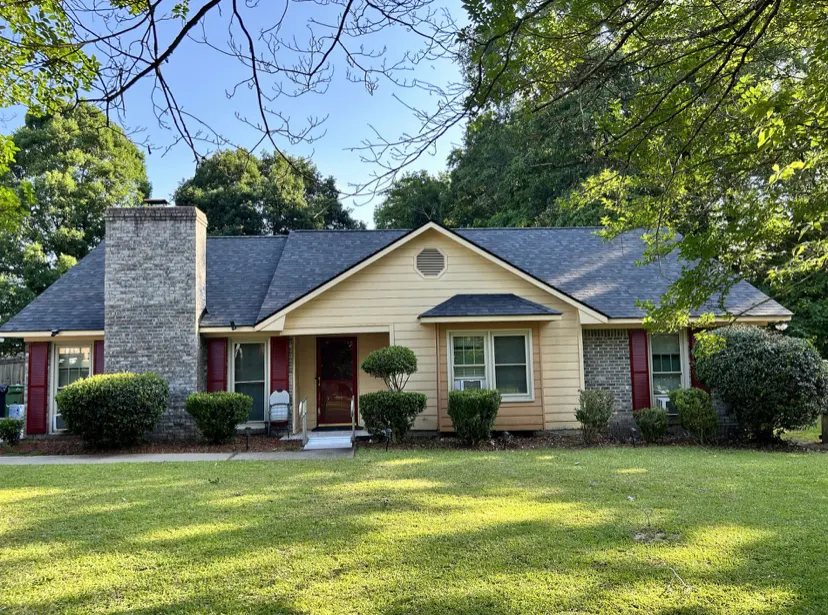
Georgia's humid subtropical climate puts unique stress on residential roofs. While manufacturers might advertise 30-year shingles, the reality in Georgia is often different.
Understanding how local weather patterns affect roof longevity can help homeowners make informed decisions about maintenance, repairs, and replacement timing.
Expected Roof Lifespan by Material in Georgia
Asphalt Shingles
Standard lifespan: 15-25 years in Georgia (versus 20-30 years in milder climates)
Asphalt shingles are the most common roofing material in Georgia, but the state's intense UV exposure and high humidity can shorten their lifespan significantly. Quality architectural shingles typically last 20-25 years with proper maintenance, while basic 3-tab shingles may need replacement after 15-20 years.
Metal Roofing
Standard lifespan: 40-70 years
Metal roofs perform exceptionally well in Georgia's climate. They reflect heat effectively, resist wind damage, and don't support moss or algae growth. While the initial investment is higher, metal roofing often proves more cost-effective over time.
Clay and Concrete Tiles
Standard lifespan: 30-50 years
Tile roofs handle Georgia's heat well but can be vulnerable to storm damage from falling debris—a common concern given the state's abundant tree coverage.
Slate Roofing
Standard lifespan: 75-100+ years
Though expensive initially, slate roofs can last generations even in Georgia's challenging climate, making them a premium long-term option.
Why Georgia's Climate Shortens Roof Life
Intense Heat and UV Exposure
Georgia summers regularly exceed 90°F, with many areas seeing 100+ days above this temperature annually. This constant heat causes asphalt shingles to:
- Dry out and become brittle
- Crack and curl at the edges
- Lose protective granules faster
- Experience thermal expansion and contraction cycles that create stress fractures
High Humidity and Moisture
Georgia receives 45-60 inches of rainfall annually—well above the national average. The state experiences over 100 rainy days per year, creating persistent moisture that leads to:
- Algae and moss growth on shingles
- Wood rot in roof decking and supports
- Faster deterioration of sealants and flashing
Severe Weather Events
Georgia faces regular thunderstorms, occasional tornadoes, and tropical storm remnants. These weather events cause:
- Wind damage to shingles and flashing
- Hail damage that reduces shingle lifespan
- Debris impact from falling tree branches
Factors That Extend Roof Life in Georgia
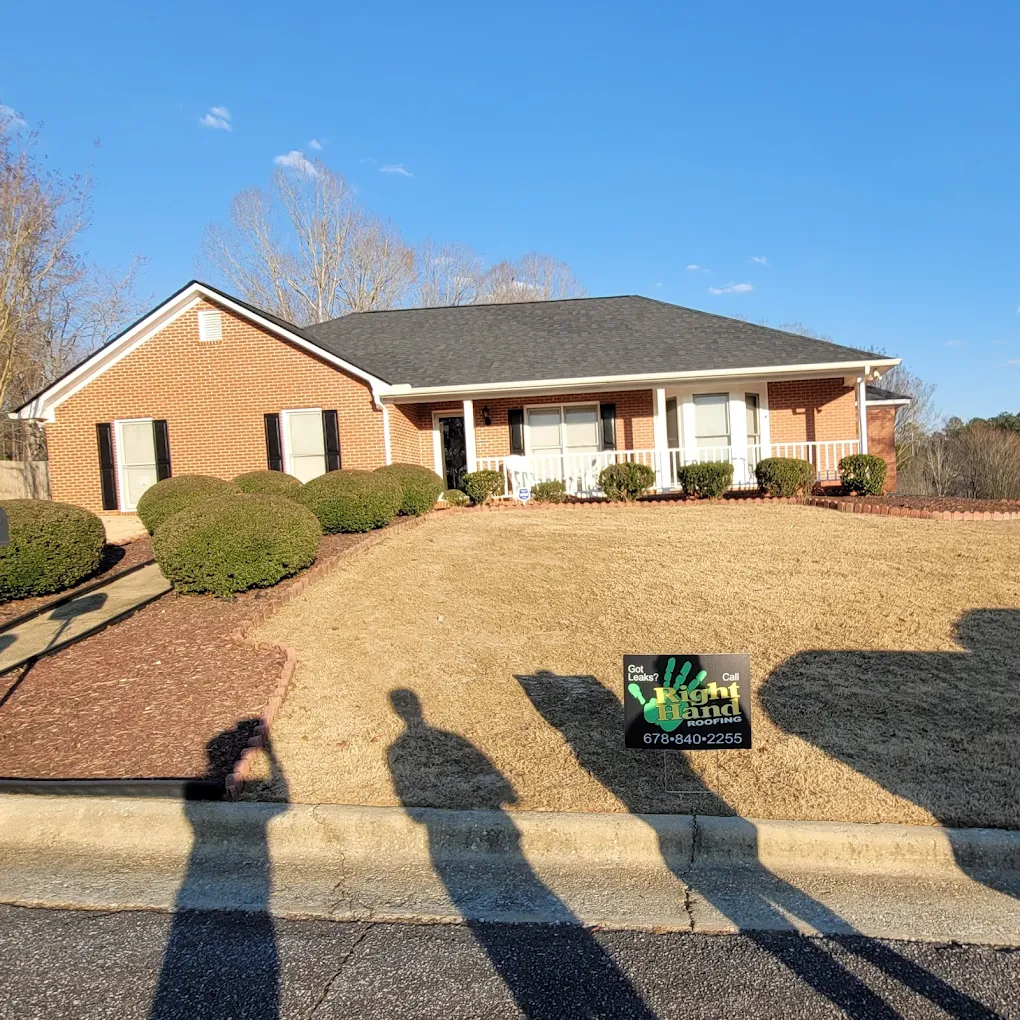
Quality Installation
A properly installed roof can last 30-50% longer than one with installation issues. Key factors include:
- Proper ventilation to reduce heat buildup
- Correct shingle overlap and nailing patterns
- Quality underlayment and flashing installation
Regular Maintenance
Georgia homeowners who follow consistent maintenance routines can add 5-10 years to their roof's life. Essential maintenance includes:
- Bi-annual inspections (spring and fall)
- Gutter cleaning to prevent water backup
- Prompt repair of damaged or missing shingles
- Tree trimming to prevent debris accumulation and roof damage
Material Selection
Choosing materials designed for southern climates makes a significant difference:
- Algae-resistant shingles help prevent moisture-related damage
- Impact-resistant shingles better withstand hail and debris
- Reflective roofing materials reduce heat absorption
Proper Ventilation
Adequate attic ventilation is crucial in Georgia's climate. Poor ventilation can reduce shingle life by 10-20% by creating excessive heat buildup and moisture condensation.
Warning Signs Your Georgia Roof Needs Replacement
Visible Shingle Damage
- Curling or cracking shingles (common after 15-20 years in Georgia)
- Missing shingles after storms
- Excessive granule loss in gutters
Moisture Issues
- Water stains on ceilings or walls
- Daylight visible through attic boards
- Persistent moss or algae coverage despite cleaning
Structural Problems
- Sagging roof lines
- Damaged or rotted fascia boards
- Compromised flashing around chimneys and vents
Cost Considerations for Georgia Homeowners
Roof replacement costs in Georgia typically range from $8,000-$25,000 for an average home, depending on:
- Material choice
- Roof size and complexity
- Current market conditions
- Need for structural repairs
While replacement is a significant investment, waiting too long can lead to interior damage that doubles or triples total costs.
Making Your Georgia Roof Last Longer
Schedule Professional Inspections
Have your roof inspected by qualified professionals at least twice yearly. At Right Hand Roofing & Gutters, we provide comprehensive roof assessments that identify potential problems before they become expensive repairs.
Address Issues Promptly
In Georgia's climate, small problems become big problems quickly. A minor leak can lead to extensive water damage during the next heavy thunderstorm.
Invest in Quality Materials
When replacement time comes, choose materials rated for southern climates. Impact-resistant and algae-resistant shingles cost more upfront but often prove more economical over their lifespan.
Maintain Your Gutters
Clean gutters are essential for roof longevity in Georgia. Clogged gutters cause water to back up under shingles, leading to premature failure of roofing materials and underlying structures.
Planning for Roof Replacement
Most Georgia homeowners should start planning for roof replacement when their roof reaches 15-20 years old, especially if showing multiple warning signs. Planning ahead allows for:
- Better material selection and contractor choice
- Timing replacement during favorable weather
- Budgeting for associated costs like gutter replacement or attic ventilation improvements
Protecting Your Georgia Home Investment
While roof longevity in Georgia may be shorter than in milder climates, proper material selection, quality installation, and consistent maintenance can help homeowners get the maximum lifespan from their investment.
Understanding your roof's expected lifespan helps you plan financially and avoid the costly emergency repairs that come from waiting too long to replace a failing roof.
Regular professional inspections and prompt maintenance are your best tools for maximizing roof life in Georgia's challenging climate.
When replacement time comes, investing in quality materials and professional installation ensures your new roof will provide reliable protection for decades to come.
FAQs on Georgia roof lifespan:
How often should I have my roof inspected in Georgia?
Have your roof professionally inspected twice a year—once in spring and once in fall—plus after any major storm. Georgia's intense weather makes regular inspections crucial for catching small problems before they become expensive repairs.
Why do roofs in Georgia not last as long as advertised?
Manufacturer warranties are based on ideal conditions, not Georgia's harsh climate. Constant UV exposure, high humidity, heavy rainfall, and frequent storms cause materials to deteriorate faster than in milder climates, often reducing lifespan by 20-30%.
What's the biggest threat to roof longevity in Georgia?
The combination of intense heat and moisture creates the most damaging conditions. Heat makes shingles brittle while humidity promotes algae growth and wood rot. Together, they accelerate aging more than either factor alone.
Should I replace my roof if it's only 15 years old but showing problems?
Yes, if you're seeing multiple warning signs like curling shingles, frequent leaks, or excessive granule loss. In Georgia's climate, a 15-year-old roof showing these issues will likely fail soon, and proactive replacement prevents costly interior damage.
Do metal roofs really last longer in Georgia's climate?
Absolutely. Metal roofs handle heat better by reflecting rather than absorbing it, resist storm damage, and don't support algae or moss growth. They typically last 40-70 years in Georgia compared to 15-25 years for asphalt shingles.




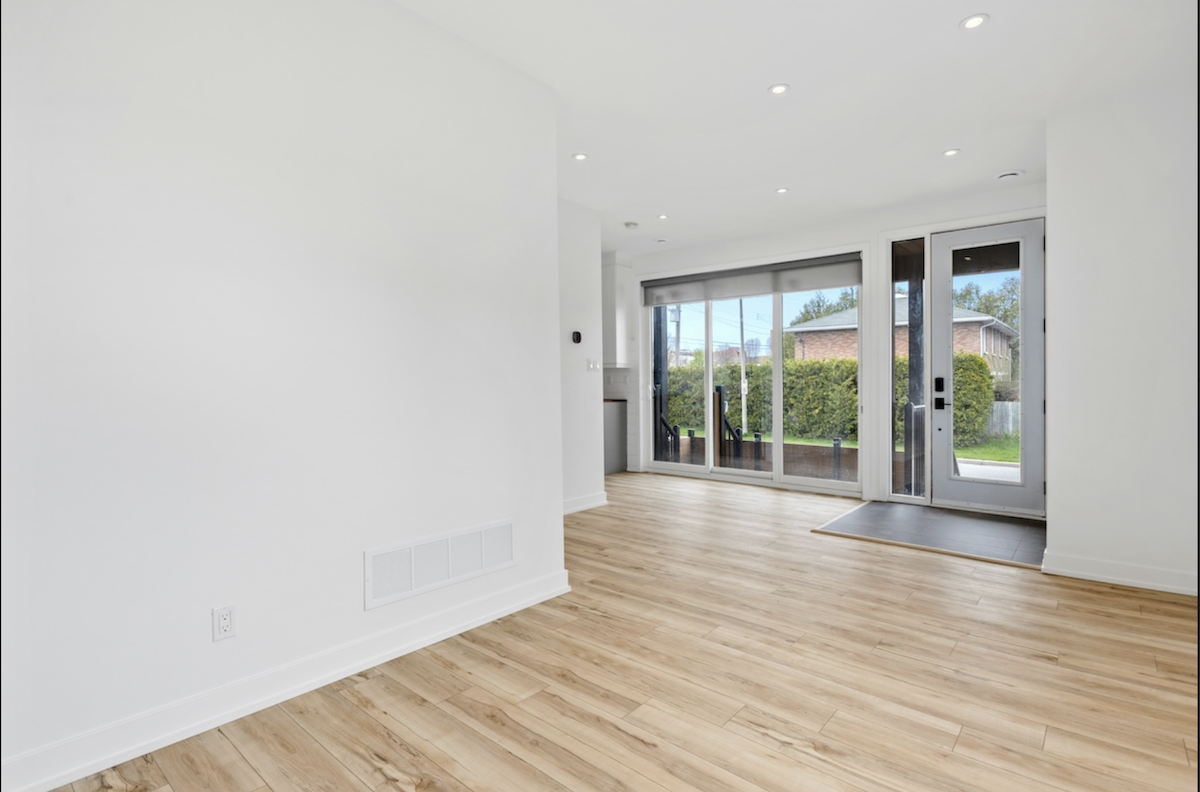
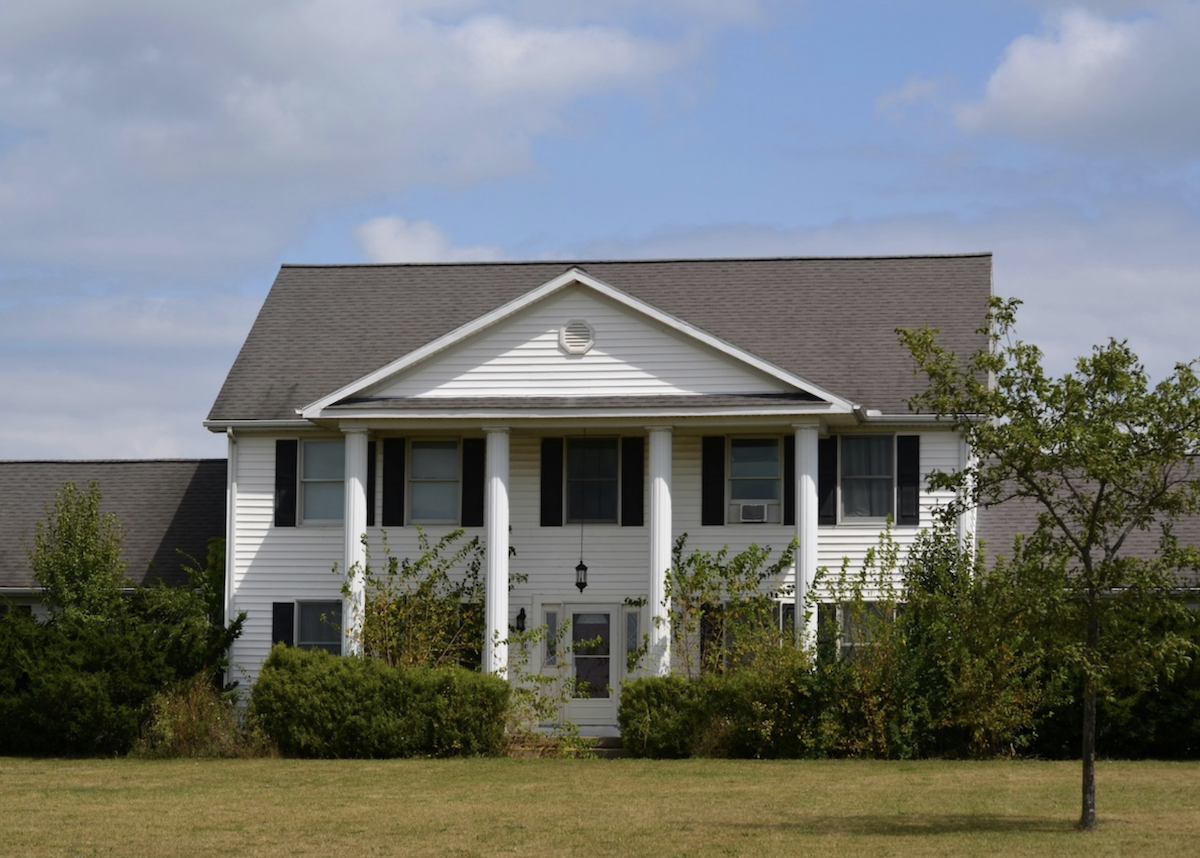
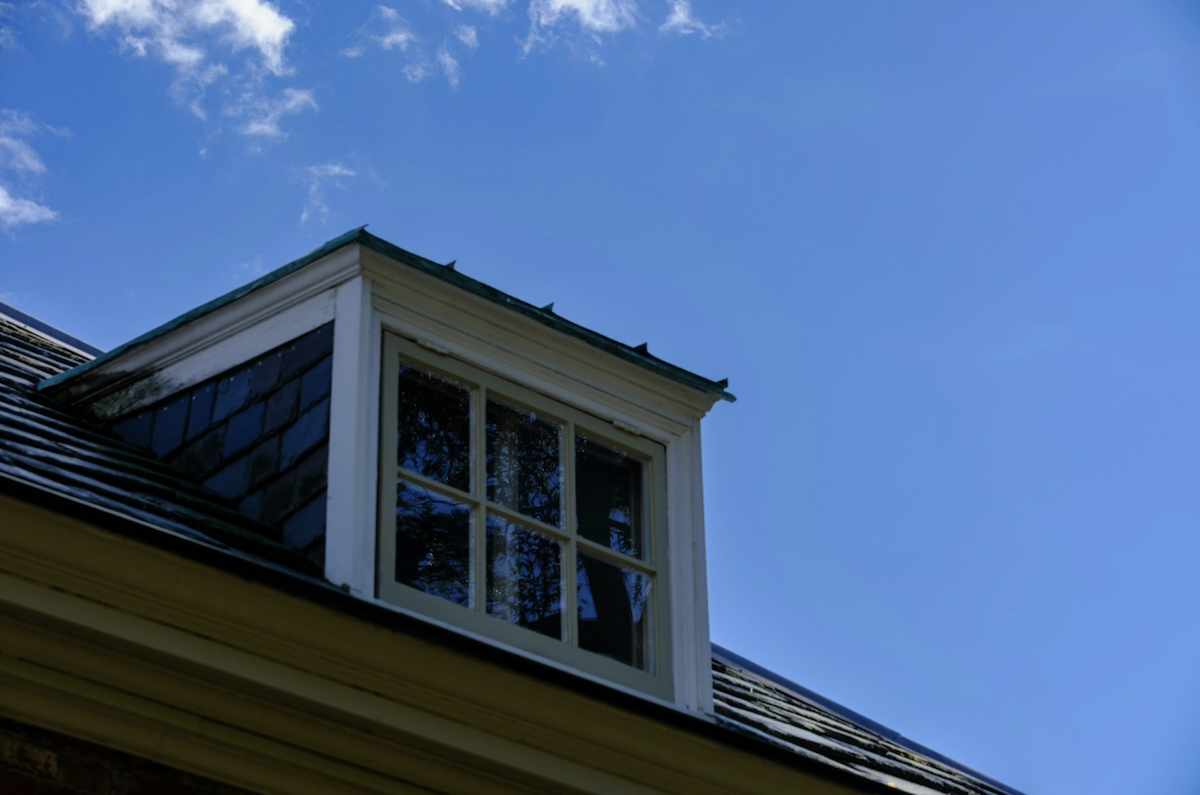


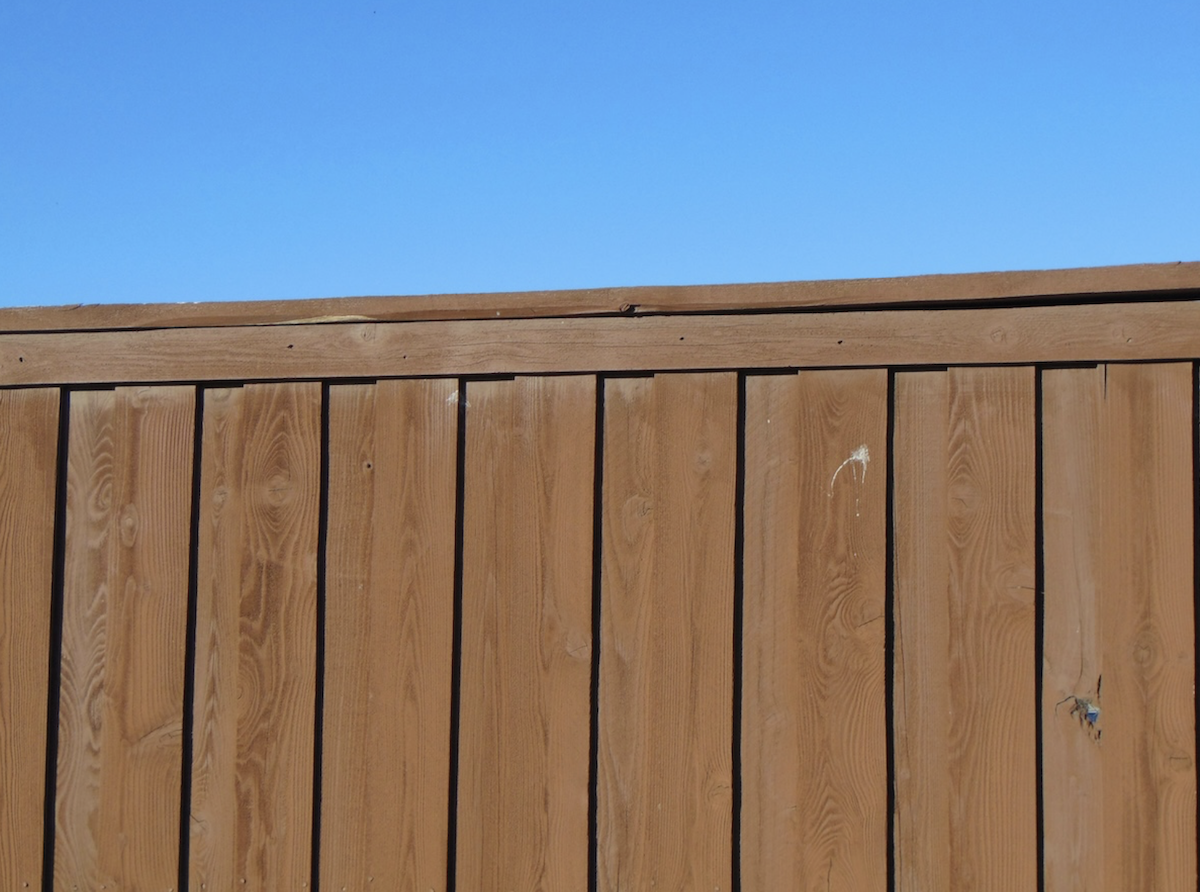

.webp)
.webp)
.webp)
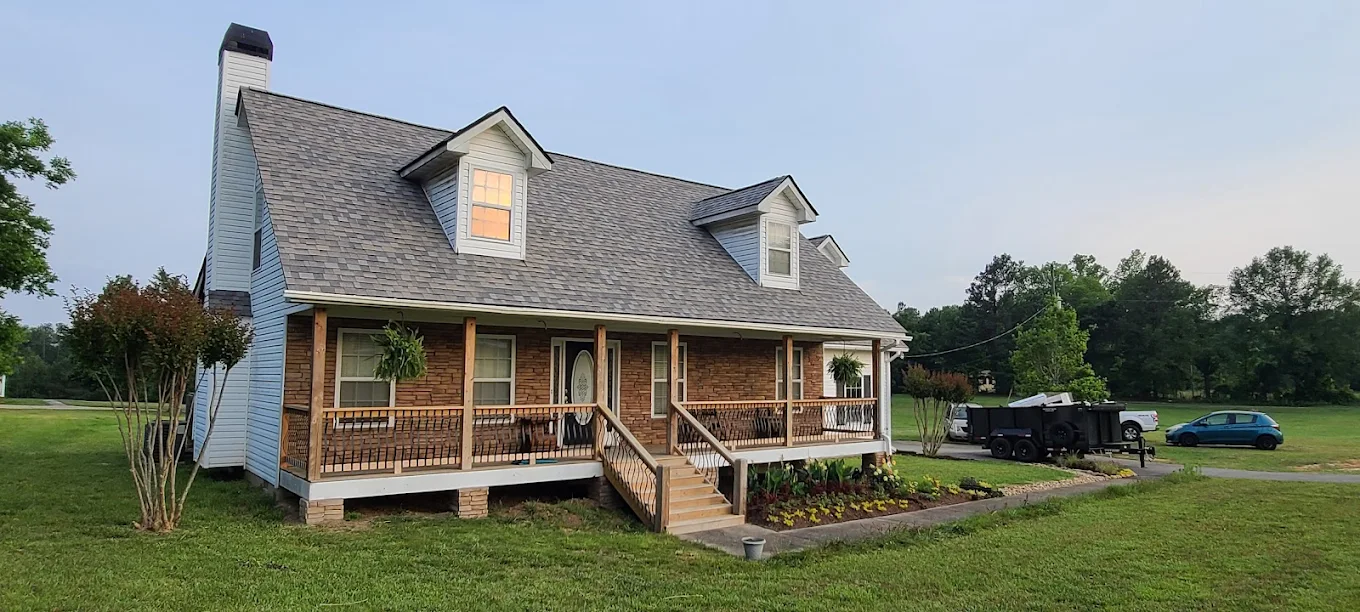
.webp)
.webp)
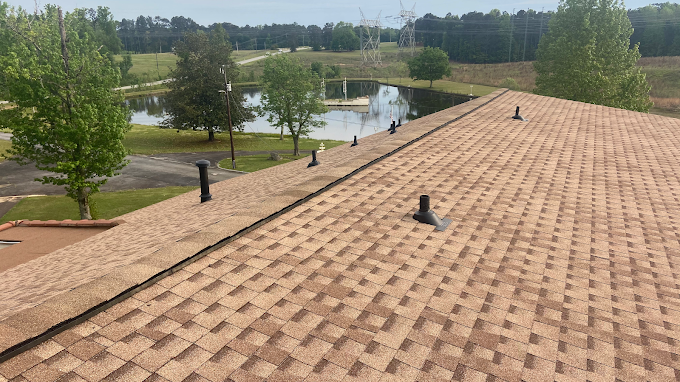
.webp)



.webp)
.webp)
.webp)

.jpg)






.jpg)











